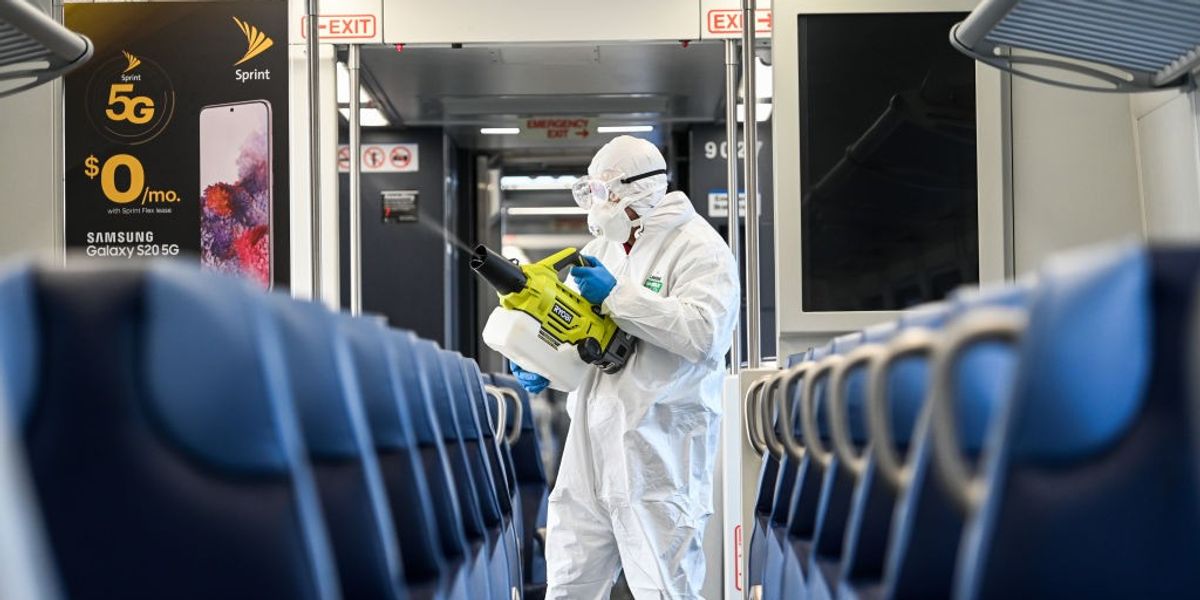
""What we're promoting is a system that can look at things more holistically and on a much larger scale," Robert Nortona professor of veterinary infectious diseases and coordinator of national security and defense projects at Auburn University, told The Cipher Brief. "The system is designed to fill gaps in biosurveillance, looking for disease outbreaks, whether they be naturally occurring or induced through bioterrorism.""
"The core concept is that sophisticated sensors and other tools used by the U.S. Intelligence Community (IC) can be leveraged to improve detection, and that artificial intelligence can be deployed to help fast-track diagnosis. The chicken-farm example is only one scenario; responses to a COVID-19-like outbreak or acts of bioterrorism would be improved as well."
"Norton, Daniel Gerstein, a senior policy researcher at RAND,and Cris Young, professor at the College of Veterinary Medicine at Auburn, co-authored last year arguing that the creation of a BISR system was "a national security imperative at the crossroads of technology, public health, and intelligence." The BISR, they wrote, "would be designed to address two mission-critical requirements for biosurveillance: rapid detection and predictive analysis.""
BISR (Biosurveillance Intelligence, Surveillance, and Reconnaissance) is a proposed system intended to close biosurveillance gaps by combining sophisticated sensors from the U.S. Intelligence Community with artificial intelligence to accelerate diagnosis. The system targets rapid detection and predictive analysis of disease outbreaks, whether naturally occurring or intentionally induced, and aims to improve responses to scenarios from agricultural infections to COVID-19-like pandemics and bioterrorism. Backers present BISR as a national security imperative at the intersection of technology, public health, and intelligence. Plans for BISR have been presented to the House Permanent Select Committee on Intelligence and received favorable reviews.
Read at The Cipher Brief
Unable to calculate read time
Collection
[
|
...
]